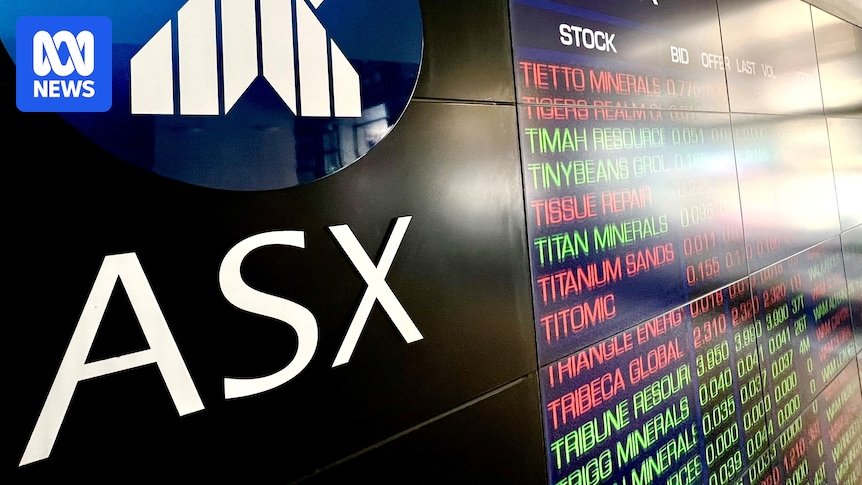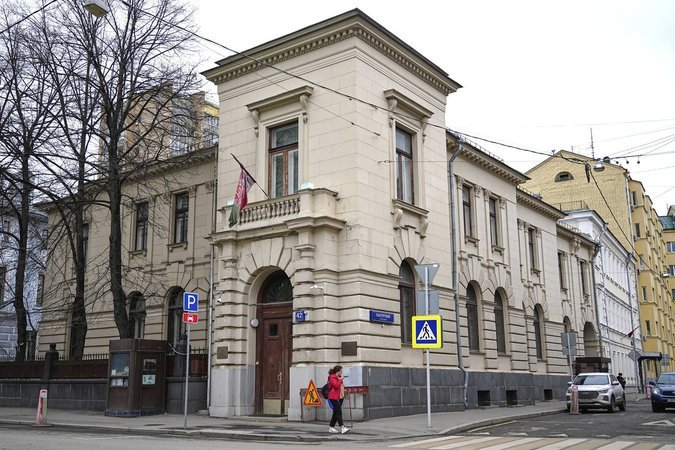Now Reading: Live: ASX set to rise, Wall Street sets new record after positive jobs report
-
01
Live: ASX set to rise, Wall Street sets new record after positive jobs report
Live: ASX set to rise, Wall Street sets new record after positive jobs report

Wall Street’s latest rally has seen tech stocks soar to new heights, with chipmaking giant Nvidia edging ever closer to an eye-watering $US4 trillion valuation — and helping push the broader share market to fresh record closes.
The S&P 500 and Nasdaq both closed at record highs on Thursday, ahead of the US Independence Day holiday, logging a third straight week of gains. The Dow Jones wasn’t far behind, rising 0.77% and now within a whisper — just 0.41% — of its own record.
-
The S&P 500 rose 0.83% to 6,279.36
-
The Nasdaq climbed 1.02% to 20,601.10
-
The Dow added 344 points to finish at 44,828.5
The AI chipmaker Nvidia. rose another 1.3%, lifting its market cap to $US3.89 trillion. It’s inching ever closer to surpassing Apple’s all-time record — a move that would make it the most valuable company in history.
Speaking to Reuters, Man Group strategist Kristina Hooper described the surge as “irrational exuberance”, but noted there was some logic to the optimism.
“There is some level of relief because the jobs report was not as weak as it could have been,” she said.
The US economy added 147,000 jobs last month — well above the 110,000 economists had forecast — while the unemployment rate dipped to 4.1%, defying expectations it would tick up to 4.3%.
But not everyone’s convinced the outlook is as rosy as Wall Street’s cheer might suggest.
“This feels like that last bull rush before all of the data really comes together,” said Alex Morris, chief executive of Washington-based fund manager F/m Investments. He pointed to ongoing inflation risks and policy uncertainty, including tariffs and ballooning US government debt.
Adding to those concerns, US House Republicans overnight passed President Trump’s massive tax-and-spend bill, which the Congressional Budget Office says will add $US3.4 trillion to America’s already eye-watering $US36.2 trillion debt. The legislation will also see millions of Americans lose health insurance — a contentious trade-off for boosting short-term economic demand.
Rate cut hopes took a hit, too. Markets are now seeing just a 68% chance of a cut in September — down from 74% a week ago, according to CME FedWatch.
– with reporting from Reuters

















































